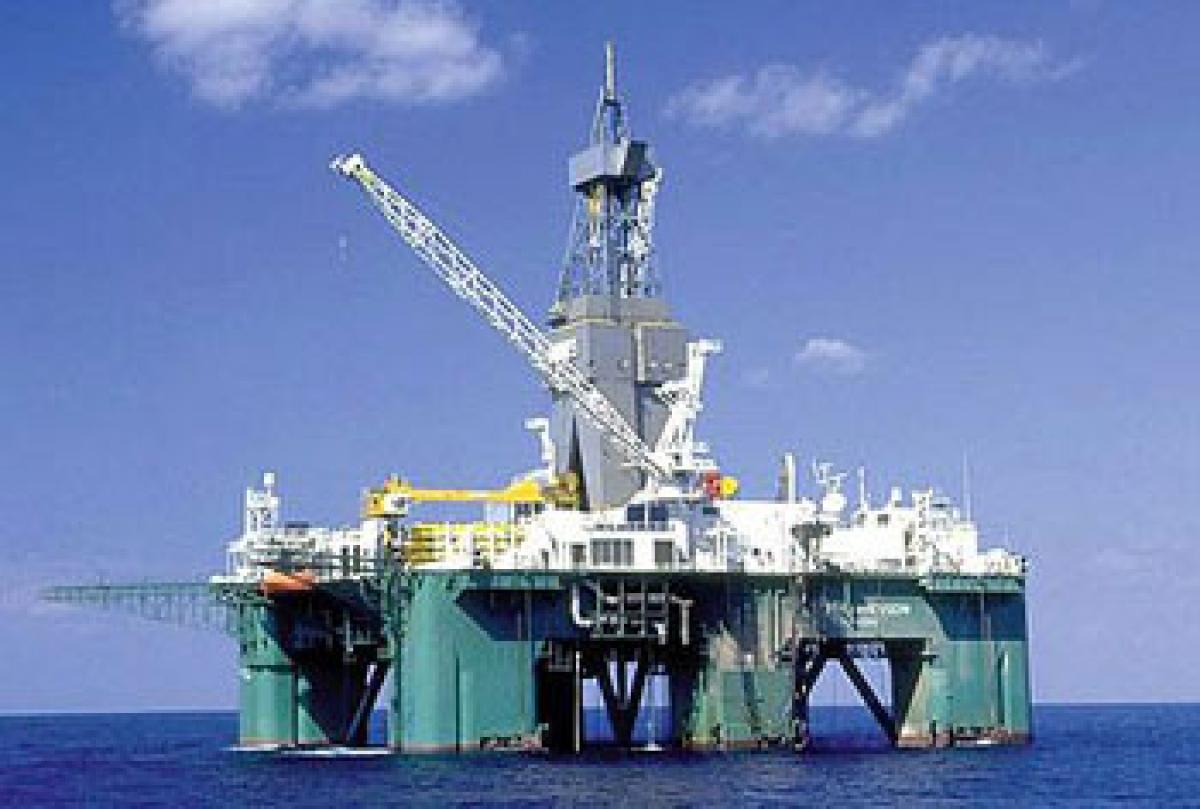Live
- Protest rallies in Manipur against 'mass killing of 10 village volunteers'
- Open Network for Digital Commerce: Tirupati corporation to promote SHG groups products online marketing
- 4th T20I: India elect to bat first in series decider vs South Africa
- The Telangana Woman Sushma Thodety Shines in the UMB Pageant's ‘Mrs. India’ Competition
- Suspect arrested after firing shots near Israeli consulate in Istanbul
- IPL 2025: Pant, Iyer, Rahul, Buttler, Shami among most-priced as 571 players set for mega auction
- Delhi Mayor poll: Cross-voting shows AAP councillors’ frustration, says Congress leader Jitender Kochar
- NIA files fresh charges against Mizoram-based arms trafficker
- From appeasement to 'New India' pitch: Nadda credits PM Modi for changing style of politics
- Bihar liquor ban gave rise to unauthorised trade, means ‘big money’ for officials: Patna HC





 The Centre on November 16 proposed to free natural gas pricing as well as replace the controversial Production Sharing Contract (PSC) with simpler revenue-sharing regime for all future field auctions.This acquires significance in view of the September decision of the government, as per the recommendation of
The Centre on November 16 proposed to free natural gas pricing as well as replace the controversial Production Sharing Contract (PSC) with simpler revenue-sharing regime for all future field auctions.This acquires significance in view of the September decision of the government, as per the recommendation of 



